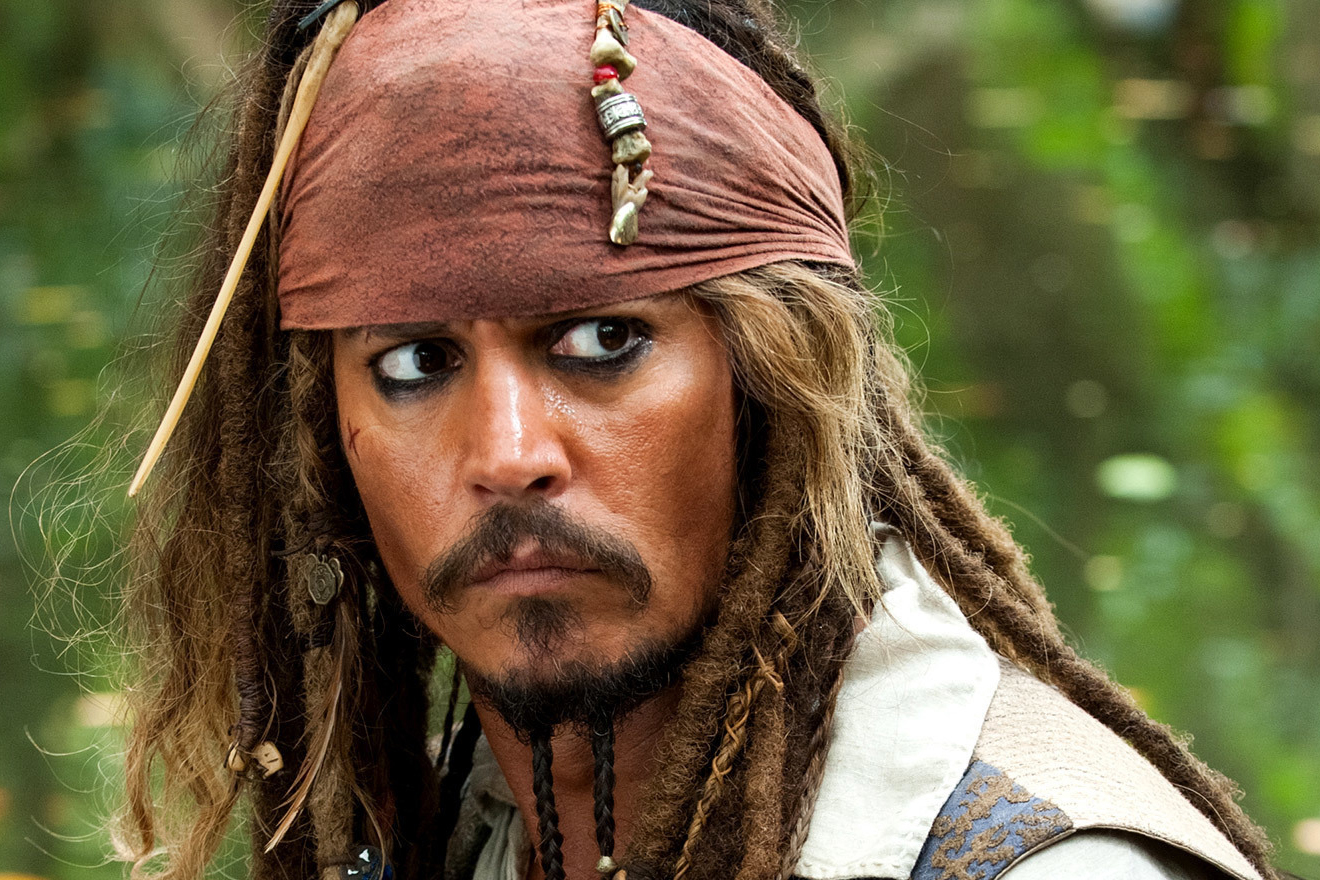
What does “masculinity” mean to you?
JD: A man is a man of his word. A definition of a man is being true and loyal and present and fighting against any injustice, be it on the small day-to-day level or a huge grand scale, with or without fear. To go in the world as yourself, when there is nothing else. You’ve got to be stand-up, trustworthy.
Career-wise, is there a character you would love to portray?
JD: Boy, there are people who I have been fascinated with, or books I have been obsessed with – you can love the character in a book so much. Like The Catcher in the Rye, let’s say. But then nobody should ever see a film version of Holden Caulfield. Holden Caulfield should look the way he looks in people’s heads, the way J.D. Salinger painted him. You have these great characters… like Picasso: you would never do him justice, it’s best to stay away. Or take On the Road, by Kerouac. It was my bible as a kid. It still is in a lot of ways. It did so much for me and helped me grow up. I never ever thought that book should be made into a film. I haven’t seen the film but I know the director, Walter Sallas. He’s a nice guy, but in On the Road, Sal Paradise is Jack Kerouac, isn’t he? It’s hard to think of anyone else or see anybody else. It’s too beautiful to touch.
Are there any Hollywood icons who really inspired you during your career, who made you do what you wanted to do?
JD: The people who inspired me ultimately when I was growing up and watching TV or movies were always individuals. Real individuals, very different types of comedians, entertainers, actors and singers. I was truly inspired by these unique individuals, like Charlie Callas or Don Rickles, Foster Brooks who did a great drunk impression, Dean Martin, Marlon Brando, Yul Brynner. These were very well-defined and totally unique individuals and that, for me, is everything. They weren’t trying to be like anyone else. They were on their road and it was unique. Today’s generation and the generation growing up behind me don’t feel as though they got to witness any of this individuality, these people who were absolutely unique. Now everyone just wants to be famous for the sake of being famous. What do you want to be famous for? I don’t know, I don’t care. It’s never been that for me.
Now that you are back with Jack Sparrow in this next film, how much fun do you have with this character?
JD: To be able to play a character like Captain Jack – who can virtually say anything, even if it makes no sense whatsoever, and then try to somehow make it make sense which just makes it even more jumbled and abstract, and get away with it… it’s weird. When I play Captain Jack there is rarely a time when I am not smiling, just being him makes me smile. He can do anything, say anything… “Hello love!” As cheeky as can be. All that in one character who is everything which I am not. I can be cheeky but I was never that outgoing. I was always very shy. To be Captain Jack Sparrow, to find that within me, to allow myself to let that curtain drop away and be absurd and irreverent and try shit as a character, it’s a nonstop experiment.
So how do you pick a film?
JD: It depends. If there is a screenplay I can tell in the first 10 pages… or three or four pages already but I give it about 10. Then I know if I am right for it. I choose if I think I have something I can give to the film, to the vision, something that has not been done to death in terms of performance or character interpretation. That’s really it. And if something moves me or I find it intriguing, then I start getting images as I read these characters, initial thoughts for the character come to me and nine times out of 10 the first thought is the best one. Kerouac said that too: first thought best thought. As did Hemingway. How does one become a great writer, what is the biggest challenge? “Write one true sentence,” he said. It sounds so simple but it’s very difficult to do.
Talking of labels, you are often described as cool. What does that mean to you? Who do you think is cool?
JD: Cool is so many different things. I always thought cool was the individual, the person who is simply themselves. There is no trickery – I find those people cool. Patti Smith is cool, she is pure. Iggy Pop is cool and he is pure. Jim Morrison was cool and pure. Marlon was cool and pure. Hunter (S. Thompson) was cool. I mean, this guy was telling me today about the work he does as a counsellor at a place for kids with HIV, kids who are adopted. It’s so, so brave to give of yourself the way he does. He impressed me so much I made him hug me. I have done a lot of work with the Make-A-Wish foundation and you come into contact with these kids who have been dealt a bad hand and have to deal with very adult sickness and pain. There is no fear in their eyes, only bravery and courage… that is REALLY cool. Describing me as being cool? I would not know how I fit into that, maybe it’s just because I am quiet.












